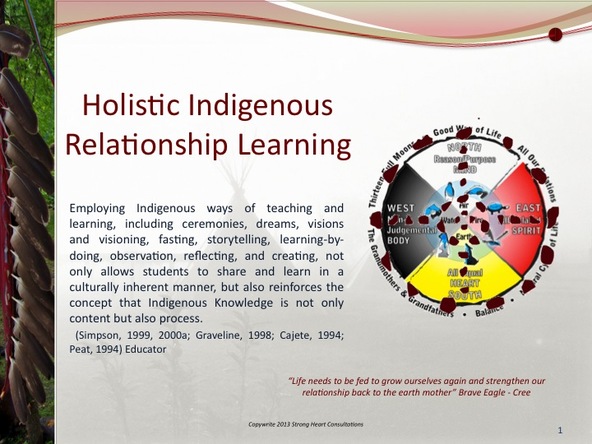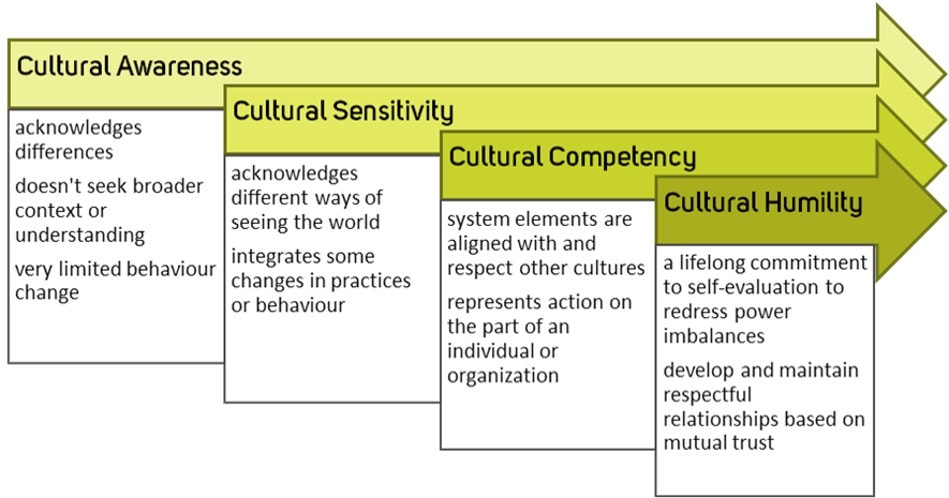
Strong Heart Consultation will provide presentations, workshops, and will facilitate respectful access to ceremonial teachings/gatherings to bridge good relationships between Indigenous and non-Indigenous people. Strong Heart is the name of Grandmother Turtle whose spirit teaches us to welcome all relatives into the teaching lodge and share wisdom with all the people who will then pass the gift of healing to their children and grandchildren. In so doing Strong Heart Consultations is committed to providing a safe, healthy learning environment that is respectful for all who seek to learn and grow towards the spirit of treaty relationships in Canada. We seek to find inner strength and a sense of serenity with the sharing of factual information, traditional teachings and dialogue. Strong heart Consultations welcomes you to this opportunity of learning and hopes to play a role towards self-empowerment and a means to living a good life for all who reside upon Turtle Island and Mother Earth.
Indigenous Education:
Indigenous cultures share a belief that people must live in respectful, harmonious relationships with nature, with one another. The relationships are governed by what are understood as laws, which are gifts of the Creator. The laws are fundamentally spiritual, imbuing all aspects of life. As fundamental as this perspective may be, each Indigenous culture expresses their teachings in unique ways, with their own practices, products and knowledge. As real life circumstances shift over time, the challenge for Indigenous people has been to interpret the laws to enable their continuing survival, not just physically but as a spiritually strong people.
Indigenous Education:
Indigenous cultures share a belief that people must live in respectful, harmonious relationships with nature, with one another. The relationships are governed by what are understood as laws, which are gifts of the Creator. The laws are fundamentally spiritual, imbuing all aspects of life. As fundamental as this perspective may be, each Indigenous culture expresses their teachings in unique ways, with their own practices, products and knowledge. As real life circumstances shift over time, the challenge for Indigenous people has been to interpret the laws to enable their continuing survival, not just physically but as a spiritually strong people.
Learning From The Elders:
It is important to acknowledge that the understanding of the term Elder varies among the many cultural groups of the First Nation, Métis, and Inuit people in Winnipeg. Elders have gathered wide diversities of knowledge from spiritual, social, economic, and political experiences. Typically, many Elders are known as trusted individuals who have been recognized by the community as those who walk a spiritual path dedicated to the well-being, survival, and healing of people. The well-being, survival, and healing of the people is always connected with the land, environment, and all life upon Mother Earth who are known as the human family’s relatives.
Today, another category of Elder is one with experience and knowledge who is willing to share his or her gifts in a good way to help people learn, heal, and prosper. Wisdom Keepers, Old Ones, Grannies, Grandpas, Cultural Advisors, Senators and words used within Aboriginal languages are often confused with the notion that they are synonymous with the term Elder. While terms like Wisdom Keepers, Cultural Advisors, etc, may actually refer to a person who is recognized as an Elder, it may also mean a person who is on the path of being recognized as an Elder.
To a large degree how to approach an Elder is defined by each individual Indigenous nation. Asking an Elder for guidance needs to be honoured in a respectful way sometimes referred to as proper protocol. Respect and honour is not about putting an Elder upon a pedestal, it is about life, balance, and respect for those involved in the passing of sacred medicine which is usually tobacco. Sacred medicine is not limited to the passing of tobacco; it is also spiritual connection, sacred teachings, relationship building, and letting go of the need to control situations.
Cultural Stages of Learning:

First Nations Health Managers Association Association: A Journey We Walk Together: Strengthening Indigenous Cultural Competency in Health Organizations